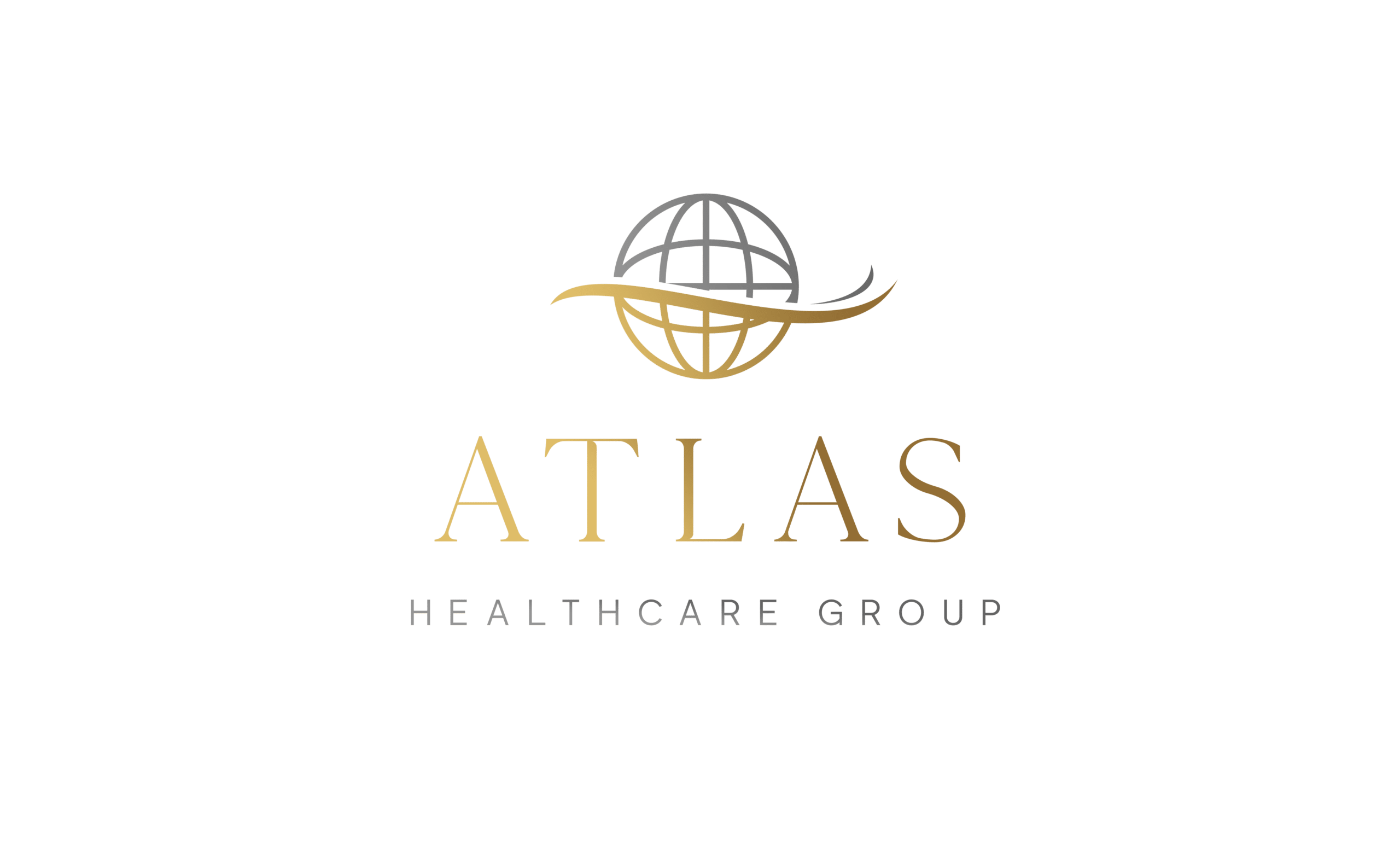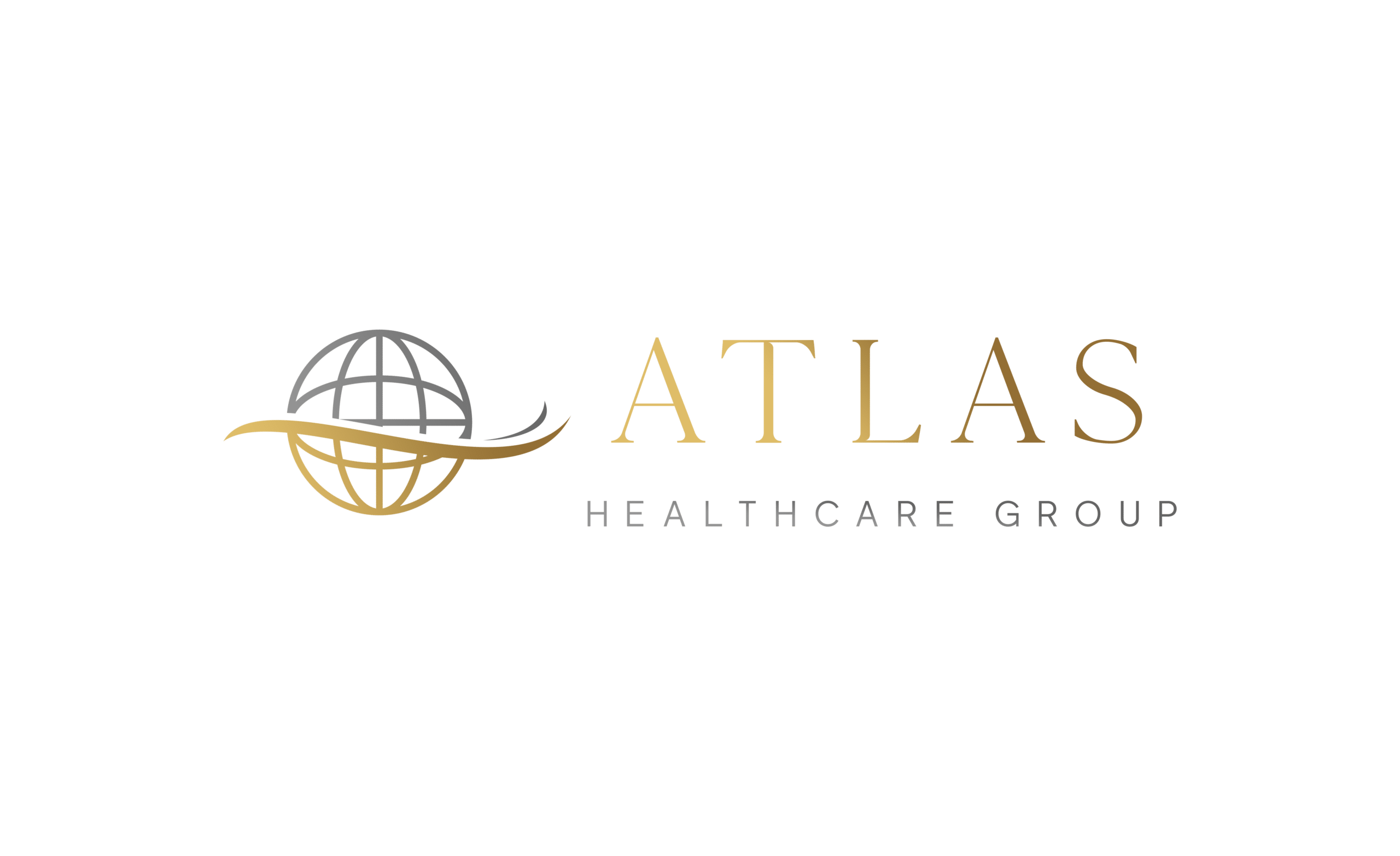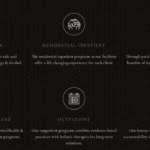Navigating the Journey with Resources for Families of Alcoholics
Substance abuse takes a toll on the addict and the family. For the family, hoping the disorder will disappear or improve over time without treatment is risky. The National Institutes of Health confirms that an estimated 44 million people aged 12 and above suffer from substance abuse, and people who relapse after a year’s treatment are between 40 – 60%. The family can be pivotal in helping the addict to get help, navigate recovery, and get lasting sobriety.
Supporting one another during hard times is one thing most families have in common. While there’s no specific solution for helping a loved one battling substance addiction or mental disorder, research proves that family support can be instrumental to their recovery. However, families must know about the availability of resources they can leverage to ease their loved one’s recovery. This blog discusses the various alcoholic family resources and how they can be accessed.
Consequences of Substance Addiction on Families
When a loved one battles substance abuse, it affects the person needing recovery and the family. The emotional and psychological despair other members suffer is grave and unsustainable, which could go on for years. Families with a loved one battling substance addiction struggle to function as a unit. Additionally, they are frequently perturbed and psychologically affected, often forcing the family to forget themselves and needing to enroll in a support program.
Evidence confirms that addiction can be genetically inherent. The risk is greater if raised in an environment recognized for substance abuse. This underscores the importance of family support therapy and groups, which can help the family understand the nature of the addiction and the treatment that follows. Family support and other resources we shall discuss here will help families of addicts navigate recovery without jeopardizing their health.
Importance of Family Support
Recovery is long-term and team-oriented. It is often advised that those seeking treatment evaluate the relationship with their families because it can determine the recovery outcome. However, not every family is supportive, which can hinder recovery.
Due to the importance of family to recovery, members must access the right resources to support loved ones through recovery. These resources will enlighten them about the signs of substance abuse, triggers, and how they can create a supportive space to foster recovery.
Resources for Families of Addicts and Alcoholics
For addicts to recover, the family must be 100% involved. Most times, addiction exacerbates due to the lack of the protectiveness the family usually provides. Other times, the families are clueless about dealing with substance abuse issues. Therefore, they’re unable to create a healthy atmosphere to support recovery.
Resources come in different forms and methods. Some are offered virtually, while others are via in-person or group support. Choosing the right resource is vital. Families should discuss with an addiction therapist or other healthcare professional for expert advice. Below are resources for families of addicts and alcoholics;
Al-Anon Groups
Al-Anon groups are organizations that support family members of alcoholics and drug addicts. They share similar concepts with Alcoholics Anonymous but focus on families. Al-Anon creates a safe space for members to discuss their struggles with loved ones battling addiction and helps to build a supportive network around family members. Al-Anon groups are rampant and welcome members from every corner. Several resources are available on their site, such as audio recordings, workbooks, etc.
Hazelden Betty Ford Foundation
The Hazelden Betty Ford Foundation is an essential resource for families of addicts. The foundation dedicates itself to helping family members understand addiction through training and workshops. It helps families gain clarity about their roles in supporting a loved one with addiction and trains them in helpful techniques that can foster the recovery of their loved one. This foundation is a national program that may include fees for some training. Overall, families can get valuable insights about substance addiction.
12-Step Recovery Groups
12-step recovery groups are organizations founded on the 12 principles of recovery. These principles are centered on three major concepts – admission, repentance, and acknowledgment of a higher power. Like the abovementioned groups, the 12 steps help family members understand how to help their loved ones overcome substance use disorder. Examples of 12-step groups are Alcoholics Anonymous (AA) and Narcotics Anonymous (NA).
Atlas Healthcare Can Help Families of Alcoholics through Recovery
Atlas Healthcare provides a comprehensive program for families dealing with the substance abuse problems of a loved one. Our programs help families obtain the necessary information and methods they can deploy to help their loved ones overcome addiction. We understand the enormous burden on family members to support their loved ones’ recovery and have designed a program specific to their needs. Give us a call today to learn more about our available resources.










